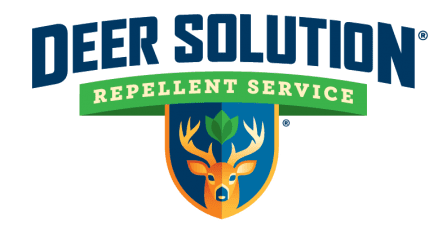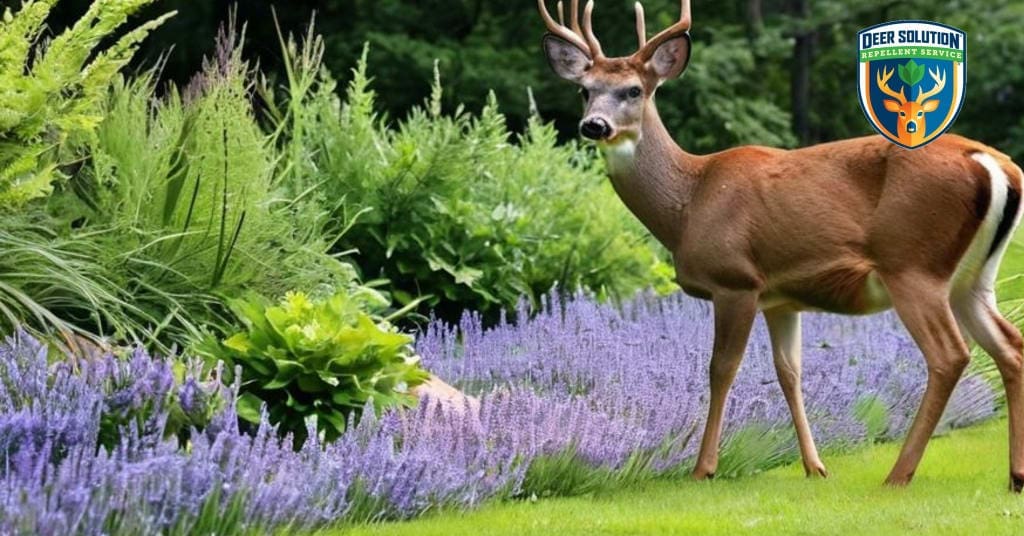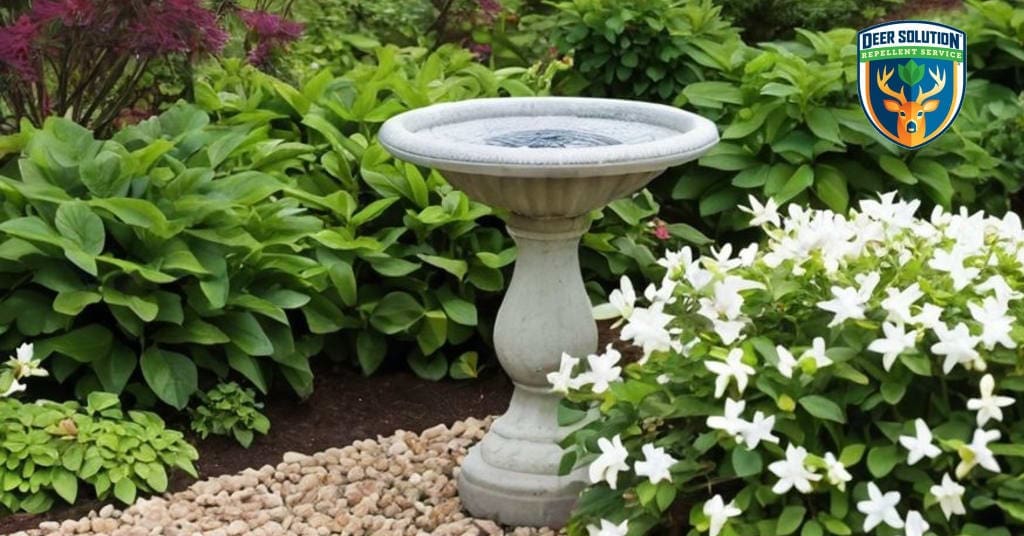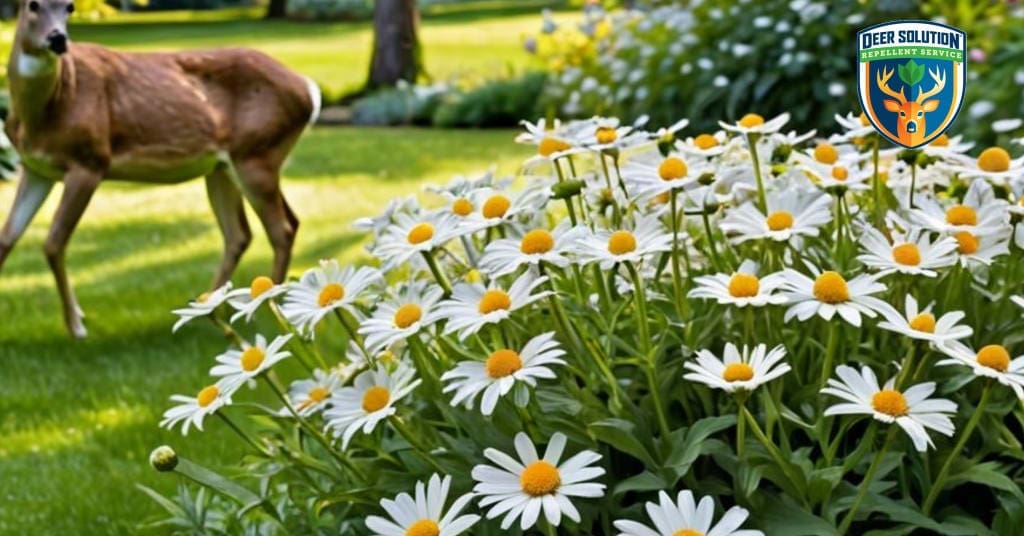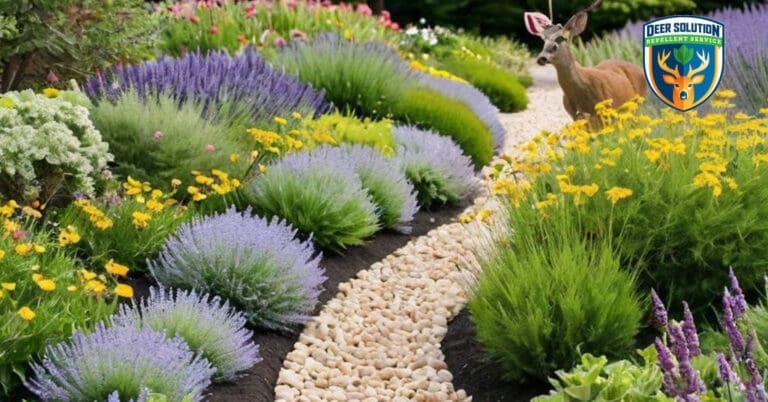Bush honeysuckle (Lonicera spp.), with its fragrant blooms and vibrant berries, is a favorite in many gardens. Yet, for those in deer-populated areas, the question of its vulnerability to deer browsing is crucial. This article explores whether bush honeysuckle attracts deer and how gardeners can manage this relationship to maintain a healthy, beautiful garden.
The Allure of Bush Honeysuckle
Bush honeysuckle, including both native and invasive species like Lonicera maackii and Lonicera tatarica, is appreciated for its fast growth, lovely flowers, and colorful berries. These shrubs are versatile, providing dense foliage that can serve as privacy screens or habitat for wildlife.
Deer Feeding Preferences and Behavior
Deer are generalist feeders, adjusting their diet according to the availability of food. They tend to prefer young, tender plants rich in moisture and nutrients. However, their feeding habits can vary widely based on factors such as season, local food availability, and specific plant defenses.
How Deer Interact with Bush Honeysuckle
The susceptibility of bush honeysuckle to deer browsing can depend on several factors:
- Invasive vs. Native Species: Invasive species like Lonicera maackii often contain higher concentrations of chemical defenses, making them less palatable to deer compared to native varieties.
- Plant Age: Young bush honeysuckle plants are more likely to be browsed by deer due to their tender shoots and leaves. Mature plants, with their tougher, woodier stems, are generally less appealing.
The Role of Bush Honeysuckle in Your Garden Ecosystem
While deer may occasionally browse on bush honeysuckle, these plants offer numerous benefits that extend beyond their deer resistance:
- Wildlife Habitat: Bush honeysuckle provides shelter and food for various birds and beneficial insects, contributing to a vibrant garden ecosystem.
- Soil Stabilization: Their dense root systems help prevent soil erosion, particularly on slopes and in areas prone to runoff.
- Aesthetic Appeal: With their lush foliage and striking flowers, bush honeysuckles enhance the visual appeal of any garden setting.
Effective Garden Management Strategies
To minimize deer damage and ensure your garden thrives, consider these innovative and eco-friendly strategies:
- Diversified Plant Selection: Incorporate a mix of native and non-invasive plants to foster biodiversity and resilience in your garden. This not only supports local wildlife but also reduces the likelihood of any one plant species becoming a deer favorite.
- Regular Garden Maintenance: Maintain a tidy garden by removing fallen leaves and debris that might attract deer. Keeping your garden clean can reduce the chances of deer making it a regular feeding ground.
The Value of Professional Services
While DIY methods are valuable, professional services like those offered by Deer Solution can provide tailored, long-term solutions. Our certified deer damage experts assess your property and develop customized plans to protect your garden. Using eco-friendly repellents, we help ensure your plants remain safe and thriving without harming the environment.
Embracing a Harmonious Garden Balance
Understanding the relationship between deer and bush honeysuckle is vital for maintaining a balanced and beautiful garden. By employing a mix of strategic planting, regular maintenance, and professional support, gardeners can enjoy the aesthetic and ecological benefits of bush honeysuckle while minimizing deer-related damage. Embrace these insights and strategies to cultivate a garden that harmonizes with nature’s dynamics.
